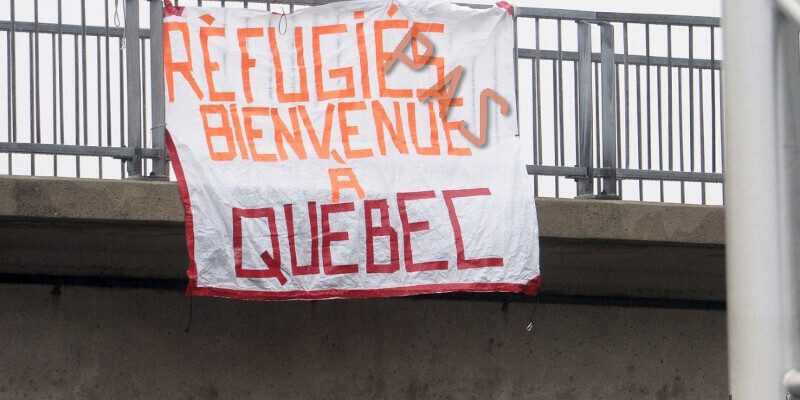Making the incorrect decision when deciding between purchasing or leasing a residence may lead to financial ruin. While the individual is given limited control over the home by leasing homeownership may consist of repairs and maintenance. A person who rents a home is typically known as a renter, and a person who owns a house is typically known as a property owner or homeowner.
Function
A tenant is usually signed to a rental, the authorized contact used to specify the rental terms, such as the quantity of rent paid and the rules the renter must abide by while leasing the dwelling. The renter pays the property owner, or landlord, the specified rent amount on the due dates defined in the rental, like on the first day of every month. Homeowners have monthly bills regarding the home, like a home payment or property tax bills. A deed, which will be a legal real estate record, is used to demonstrate ownership of a home.
Types
A renter can lease an whole house, an apartment, a townhouse or a condo. Some tenants are under subleases. A sublease, or sublet, is when an present tenant remains under a lease with a landlord, but is leasing out the residence to a different renter. Homeowners may have a house, townhouse or condo. Some flats, generally found in large cities, are possessed by a individual as opposed to leased by a tenant.
Factors
A tenant might not have the ability to make minor or major cosmetic changes to the residence, like painting a room a certain color. The landlord generally needs to approve of any remodeling of their rental and has the right, as the proprietor, to deny that the tenant permission. The renter can be subject to special restrictions, like no pets permitted in the rental. The renter can shed the rental and also be forced to move when he violates any special conditions of the rental. The lease payments are income for the landlord and do not go toward buying the home. A homeowner remains bound by the housing rules and regulations in his area, but is generally able to make most cosmetic improvements or upgrades without permission. A property owner generally must make and pay for repairs to the home and can be responsible for all maintenance.
Benefits
Tenants are usually not liable for repairs or, in some cases, landscaping or lawn care. A tenant can move once the rental is up or terminate the rental when she needs to relocate. Extra fees, such as property taxes and homeowner’s insurance, are covered by the landlord. Homeowners do not need to request permission to change the home, plus they have any fixtures or enhancements once installed. A property owner can have more privacy, as leasing dwellings may have shared walls with neighbors.
Misconceptions
Renting isn’t necessarily”throwing money away,” a frequent phrase connected with leasing. The leasing payments are buying the usage of their residence, and leasing can be the best option for a person who doesn’t have the financial resources or the time available for the upkeep of a home. A homeowner can have much less privacy, especially in townhouses or condos. A house in a planned neighborhood can be subject to a number of restrictions, such as limits on what can be shown on the lawn.
